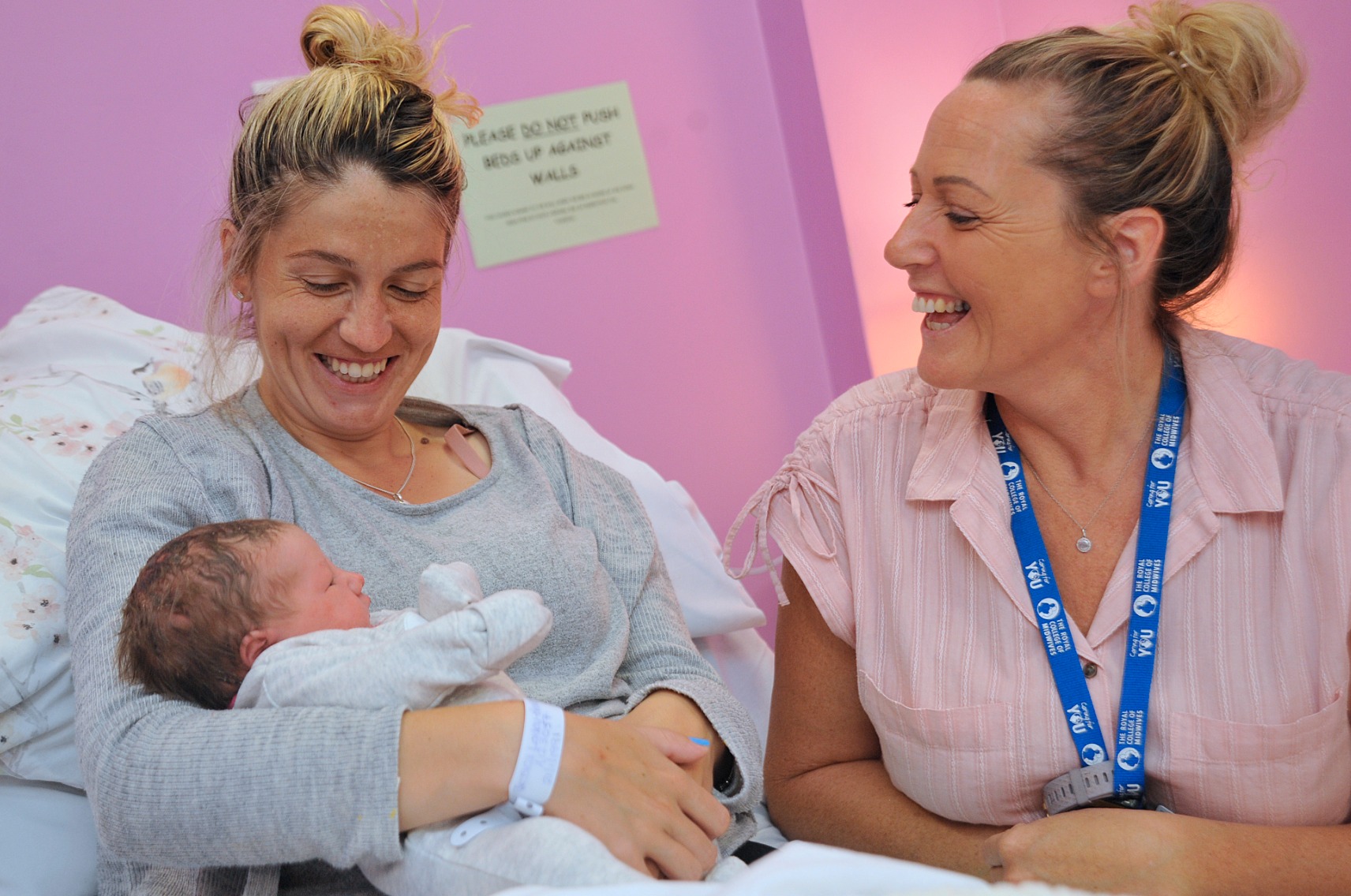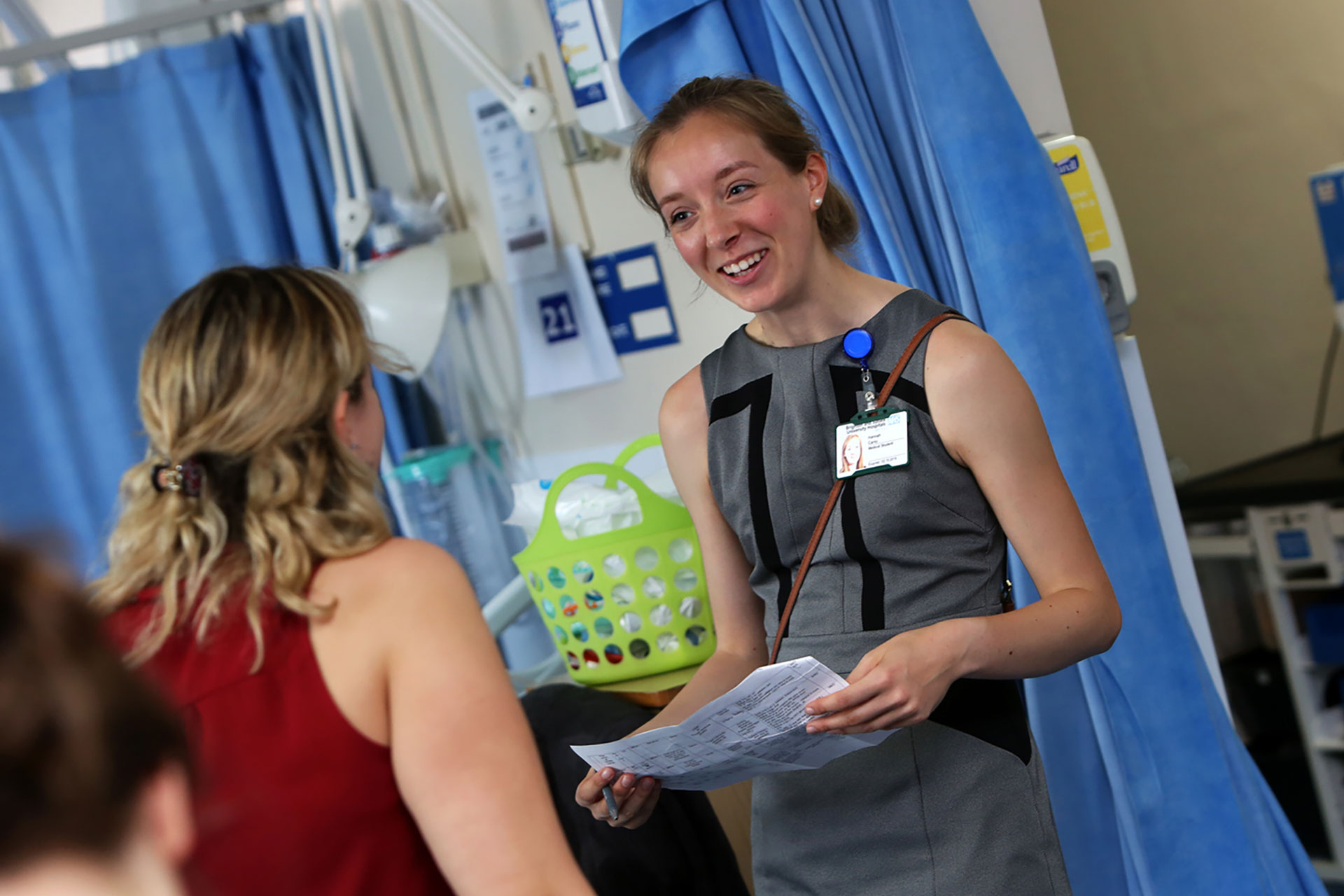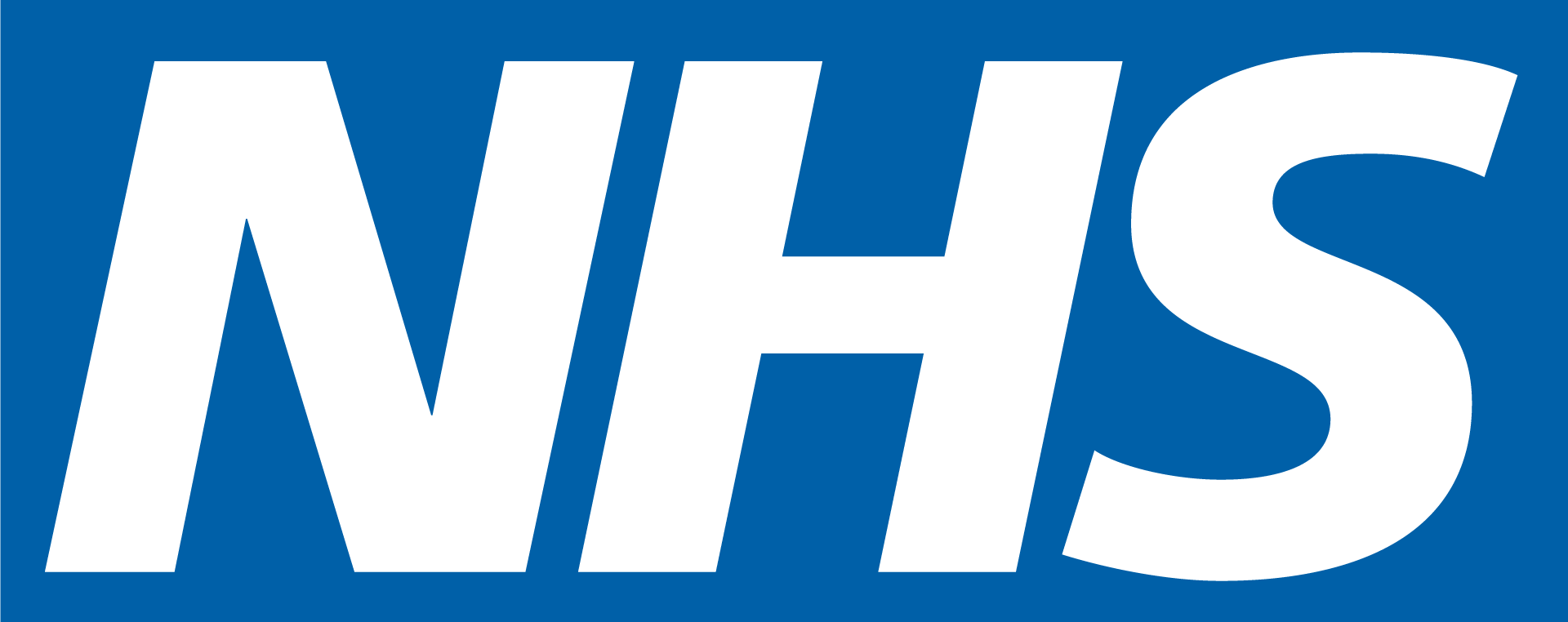About NHS Sussex
Introduction
The Health and Care Act 2022 introduced significant changes to the organisation and delivery of health and care services in England. This formalised the established of Integrated Case Systems (ICS) as partnerships between the providers and commissioners of NHS, social care and public health services to plan the delivery of health and care services with other local partners to meet the needs of their local population. This also represented a significant policy shift away from the previous legislative focus on competition to a new framework that supports collaboration between organisations.

Each ICS is required to have two important components:
- An Integrated Care Partnership (ICP) which is a statutory joint committee between the NHS and local government in that area. The ICP is expected to bring a wide range of partners together, beyond the NHS and Local Authorities, to agree the broader health, public health and social care needs of that population and to approve a single Integrated Care Strategy and the priorities for that ICS.
- An Integrated Care Board (ICB) which replaced the previous Clinical Commissioning Groups and will be responsible for the commissioning, allocation of financial resources and oversight of NHS services in that area to deliver the Integrated Care Strategy set by the ICP and will also be accountable to NHS England for the delivery of nationally-mandated standards of NHS performance.
Each ICS was also set up to fulfil four core purposes:
- Improve population health outcomes
- Reduce health inequalities in access, experience and outcomes
- Enhance productivity and value for money
- Support social and economic growth
A total of 42 ICBs were established across England on 1 July 2022, including the NHS Sussex Integrated Care Board. Although there is a common legal framework, a permissive approach was adopted so that each ICS could establish itself according to the size and needs of their population, the number of partners and the local government arrangements in that area. So, there is a well-used phrase that “when you have seen one ICS you have only seen one ICS”.


Equality, diversity and inclusion
The ICS needs diverse, inclusive, and compassionate leaders who not only reflect the communities they serve and the staff they lead but have the personal style and breadth of perspective to make good collective decisions. There is emphatic evidence that diverse boards make the best decisions, and we want to continue to develop our diverse NHS Sussex Integrated Care Board.
In non-executive roles nationally, it is known that women, people from the local Black Asian and Minority Ethnic communities, LGBT communities, younger people, and those with lived experience of disability are all under-represented. We are determined to keep working to change this and to make a positive difference to the health and care of the population we serve.
Our Values
Patients, public and staff have helped develop this expression of values that inspire passion in the NHS and that underpin everything we do.
Our values are listed below, along with the behaviours that we associate with each one.

